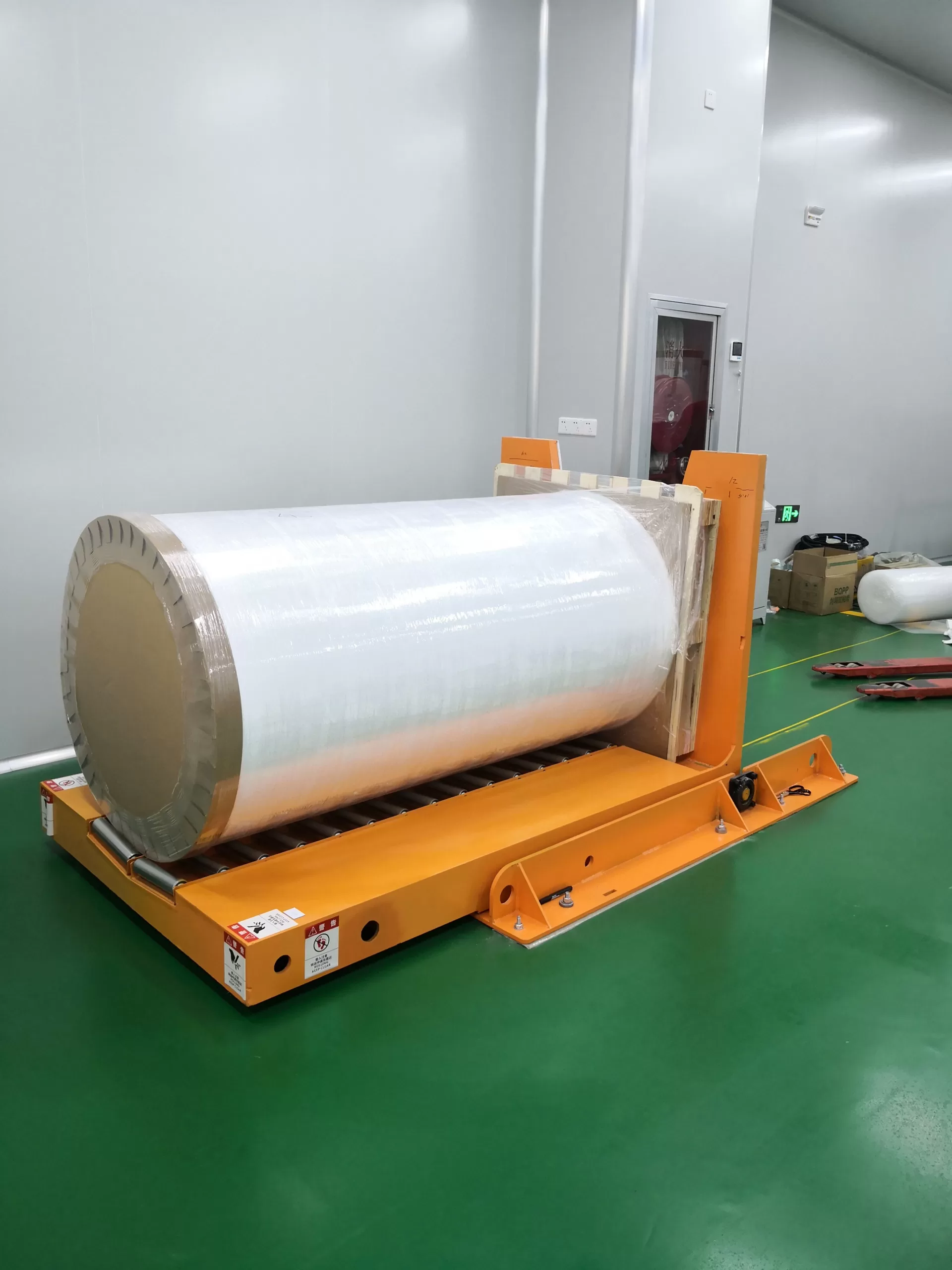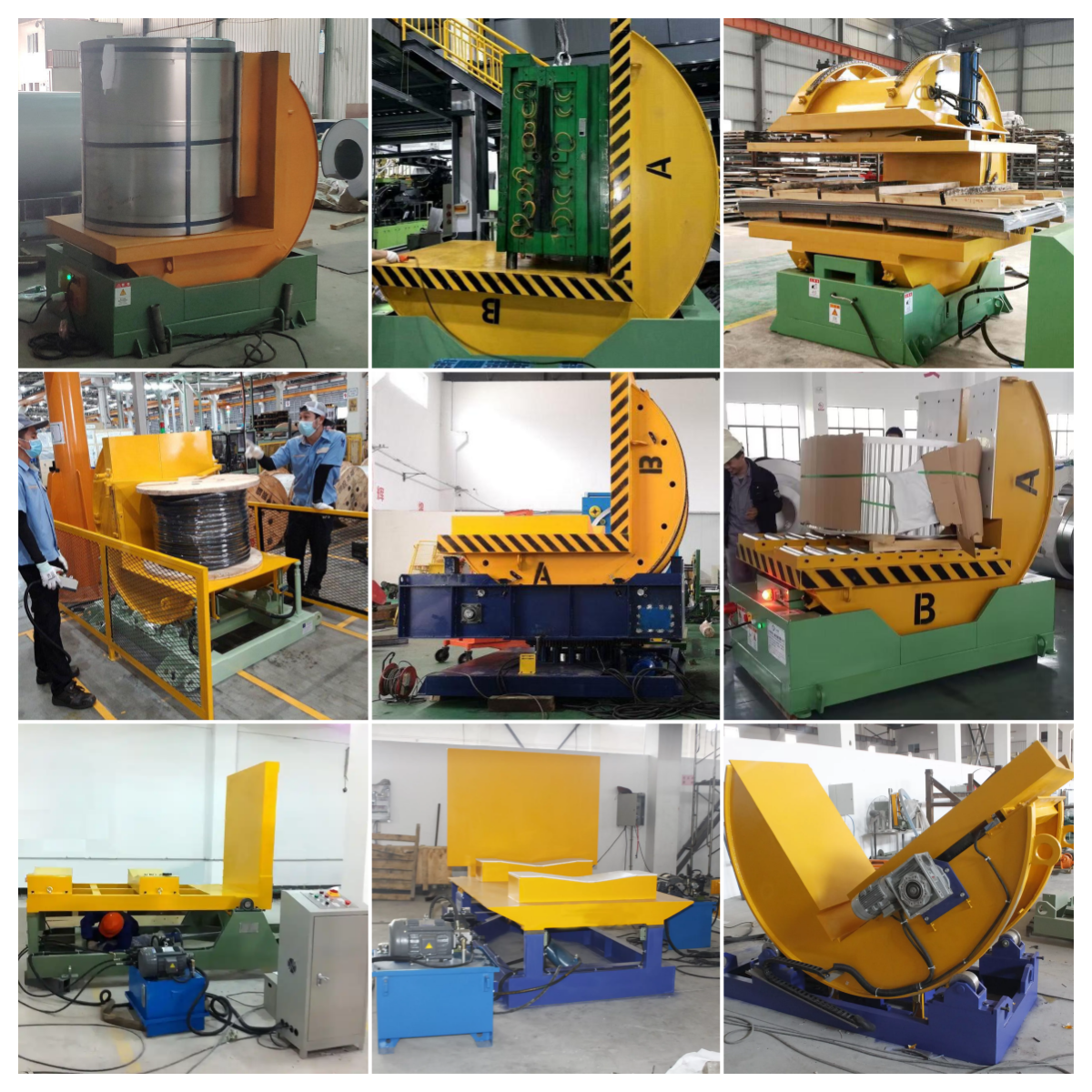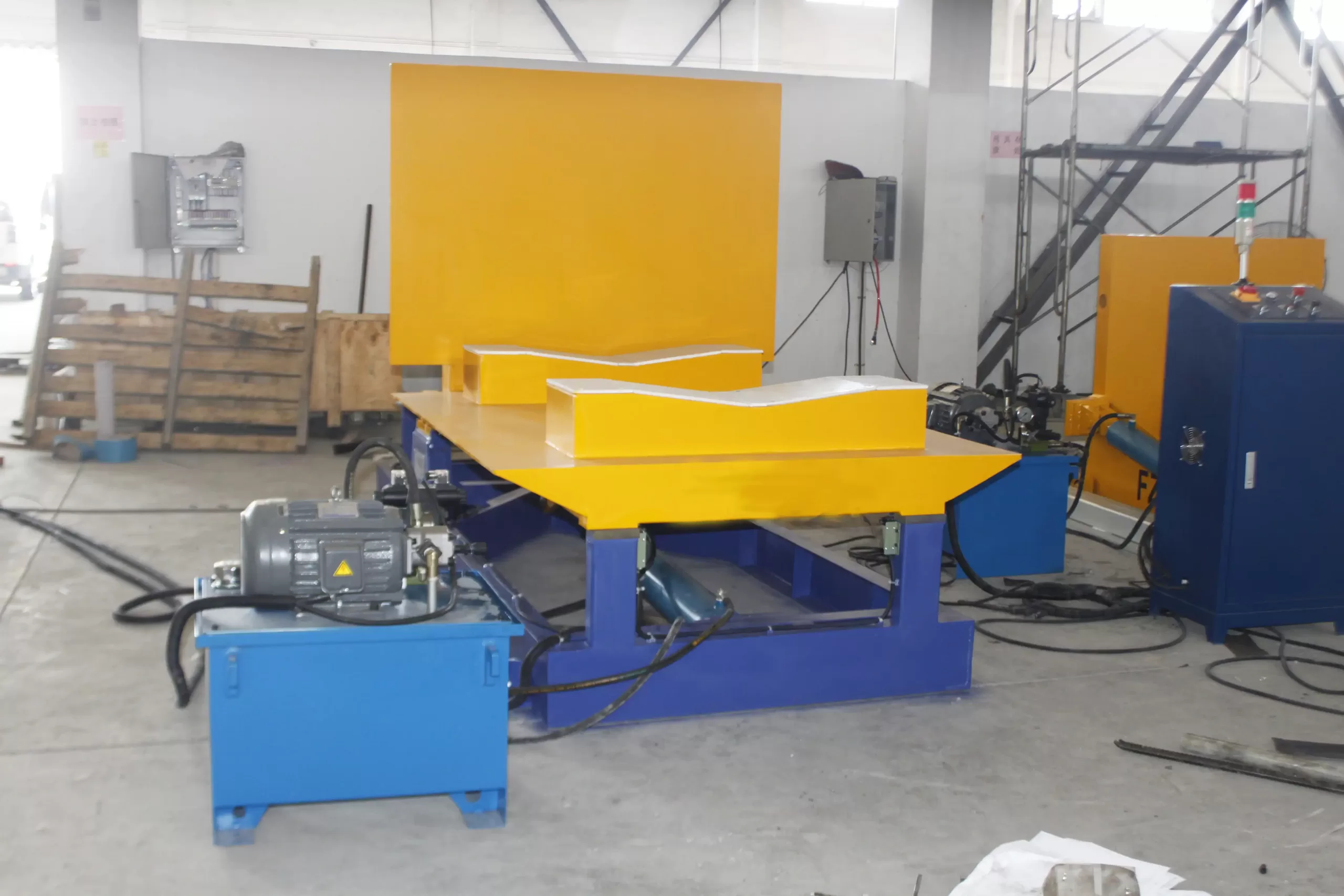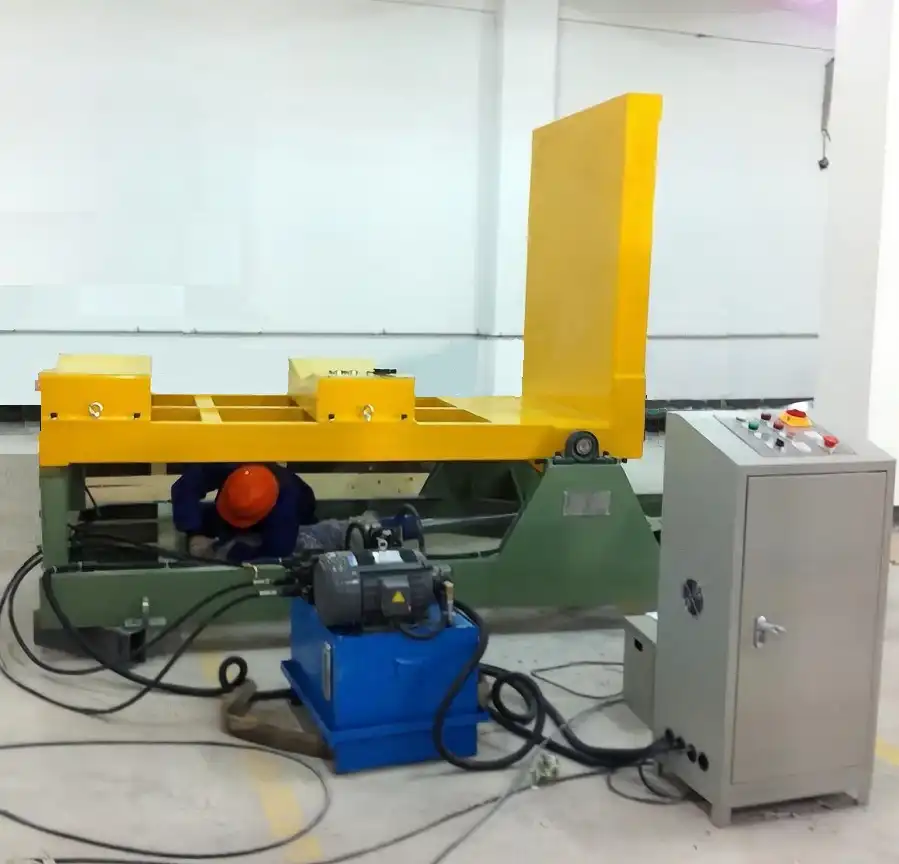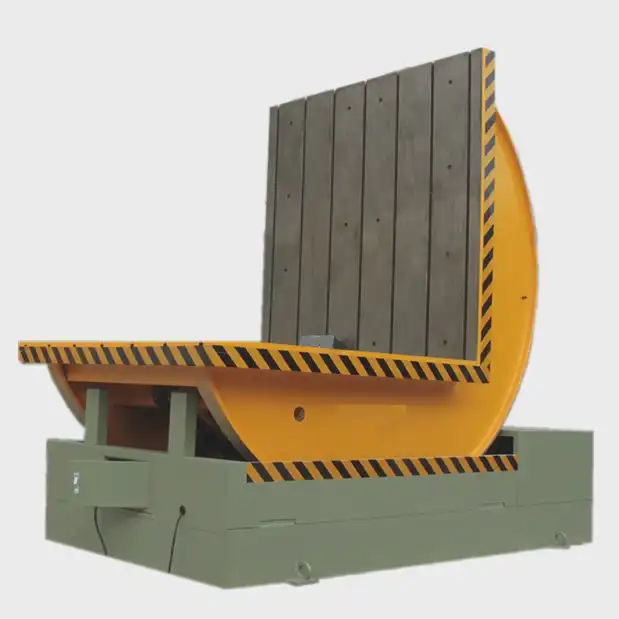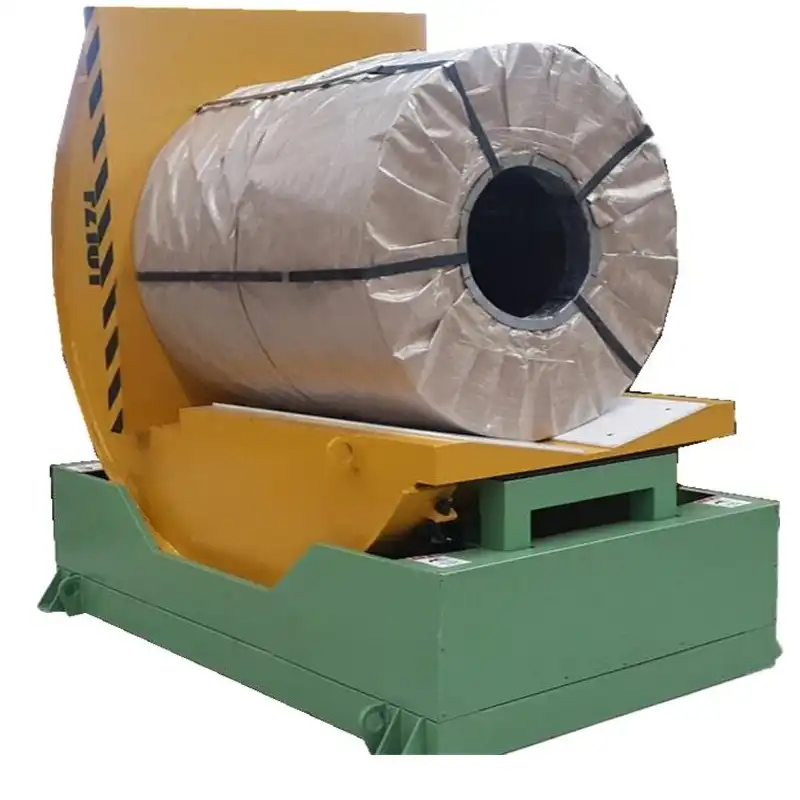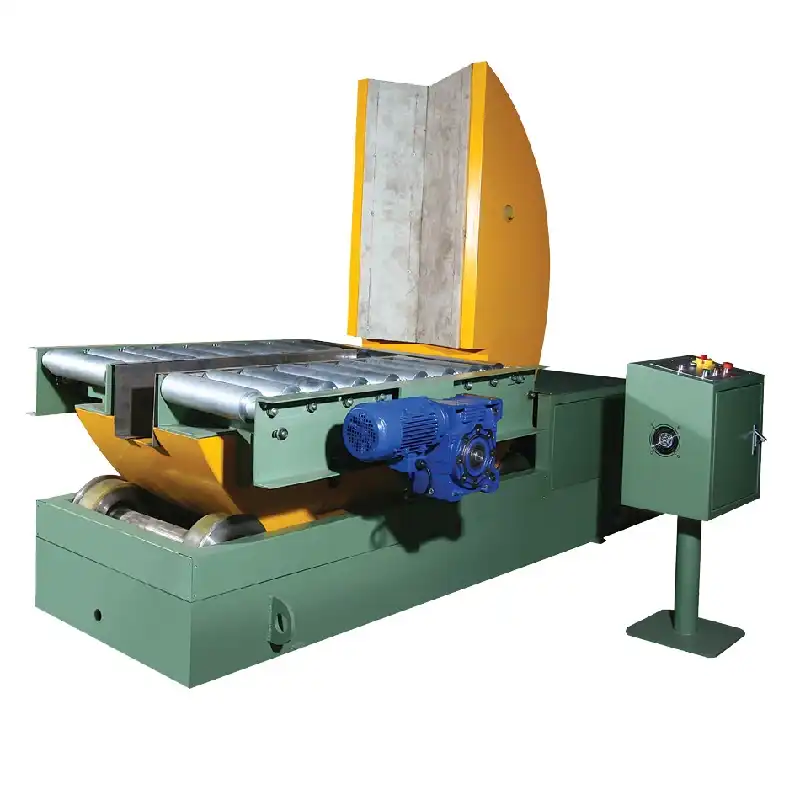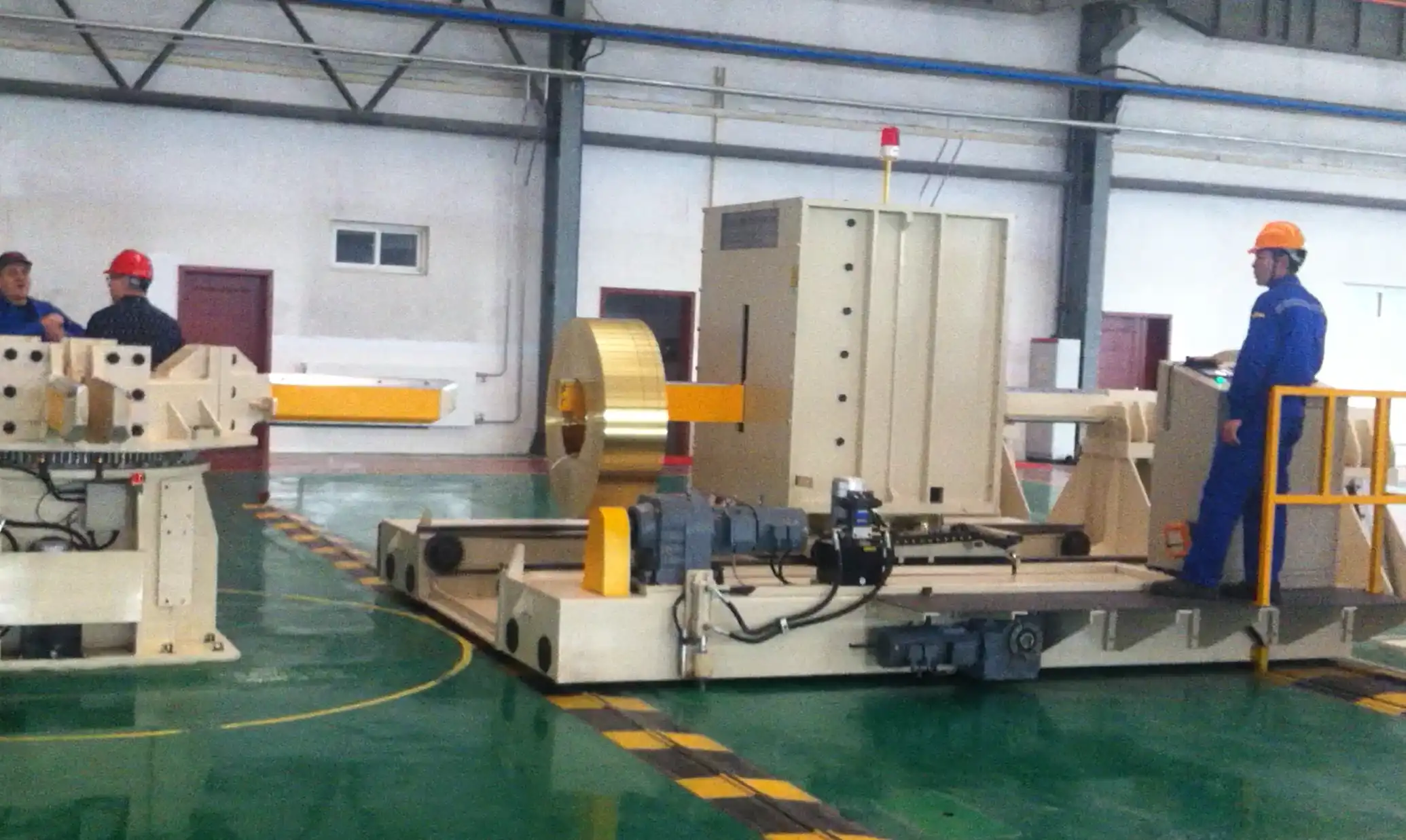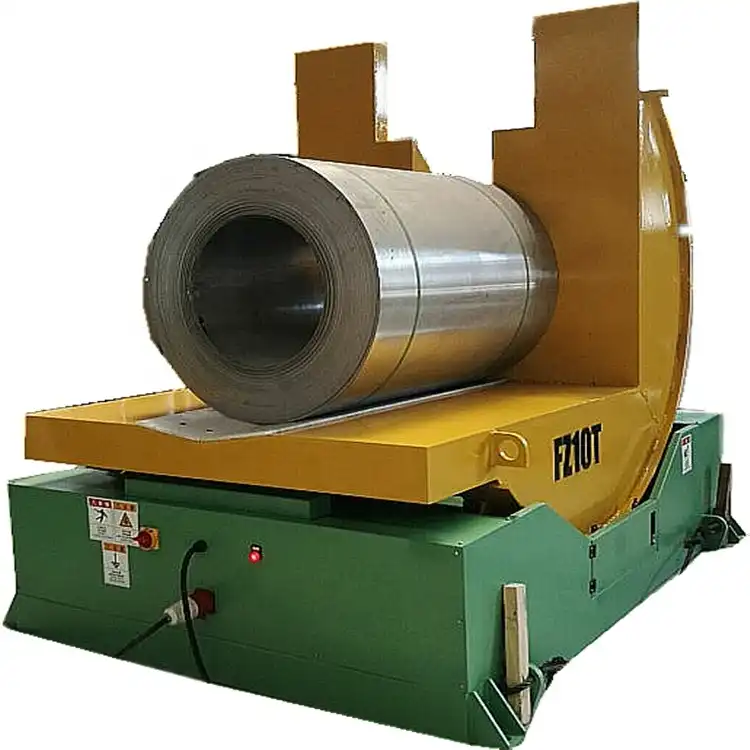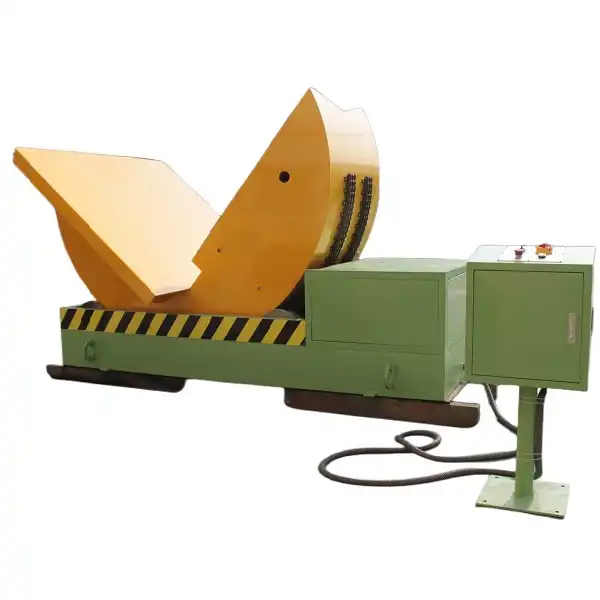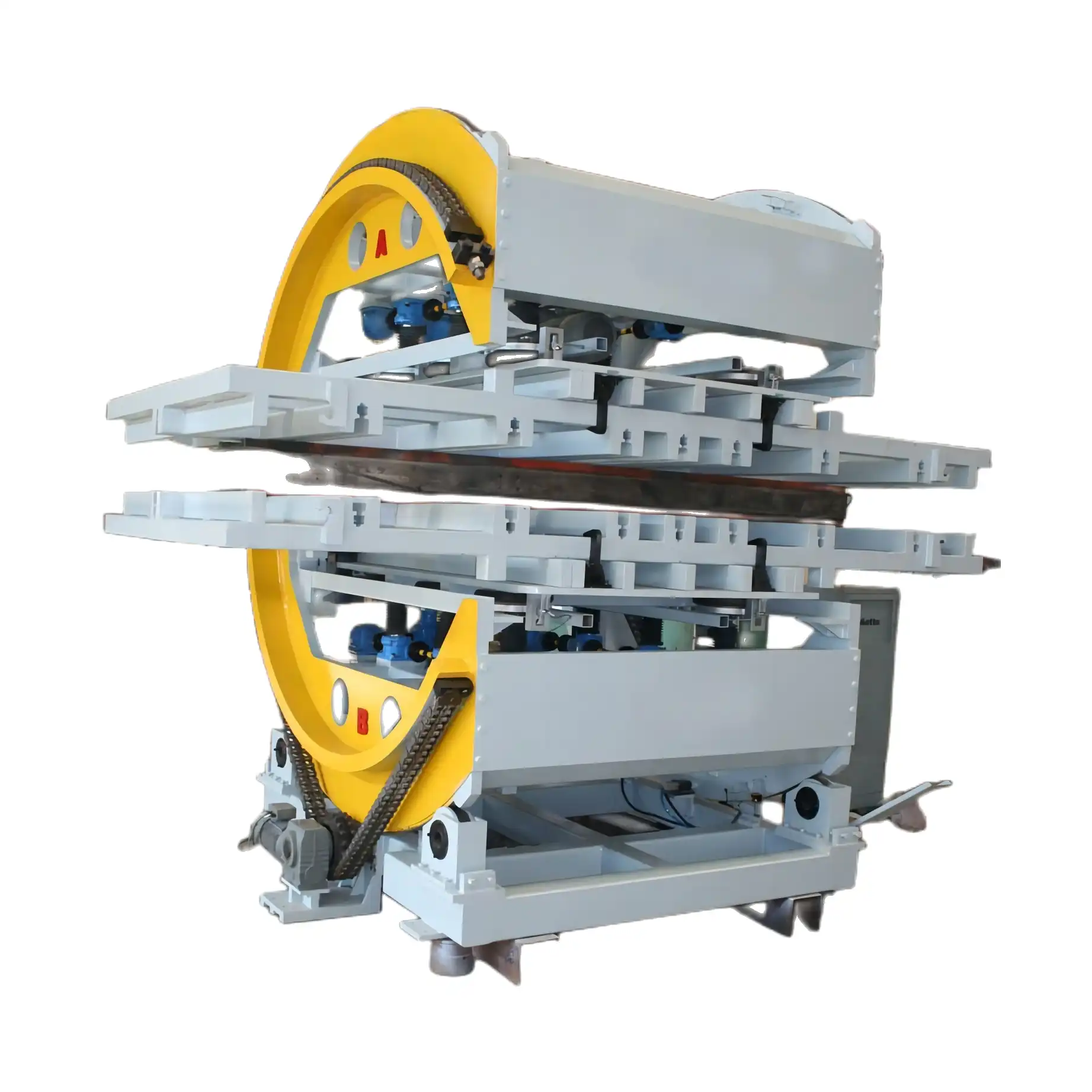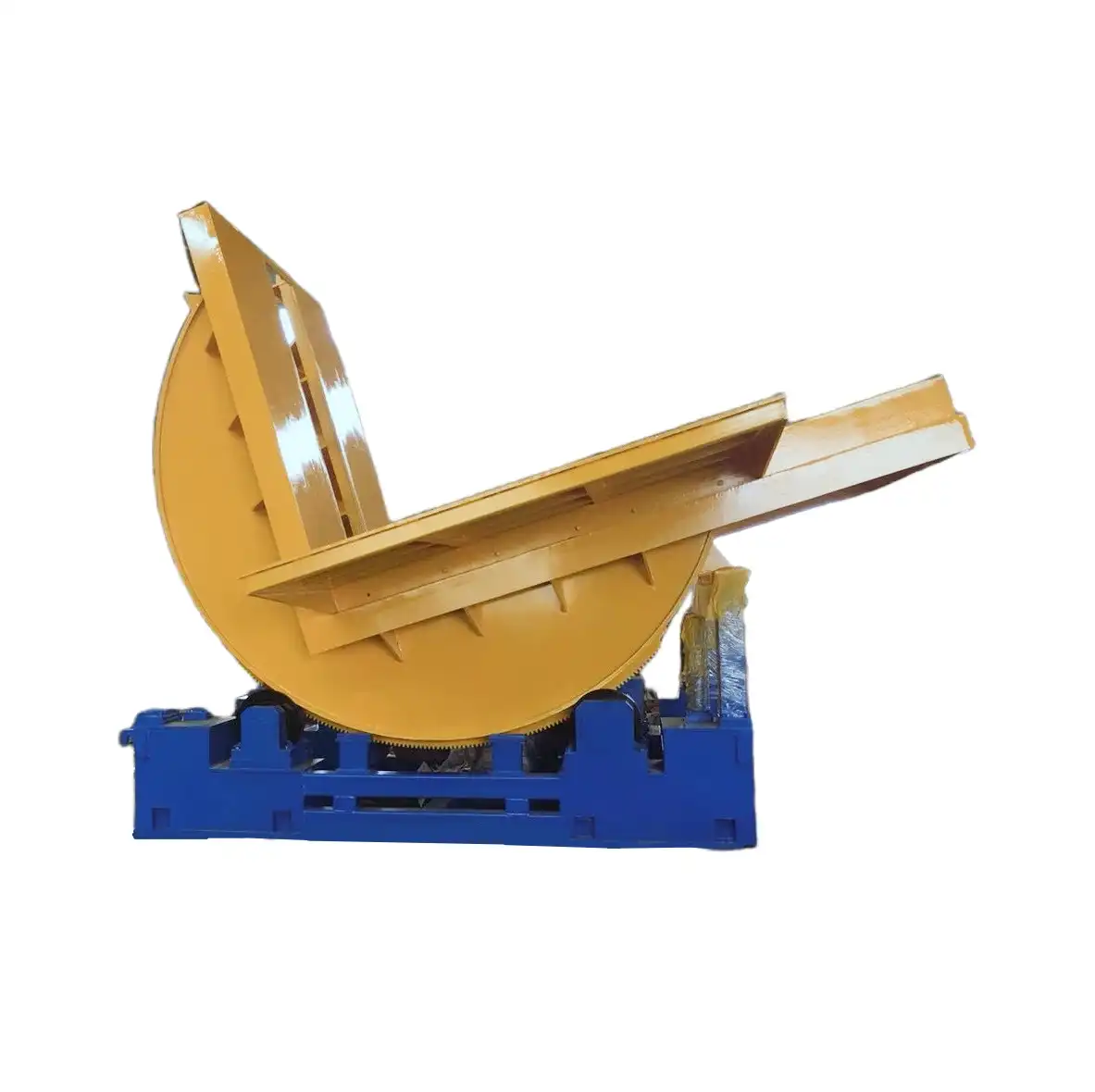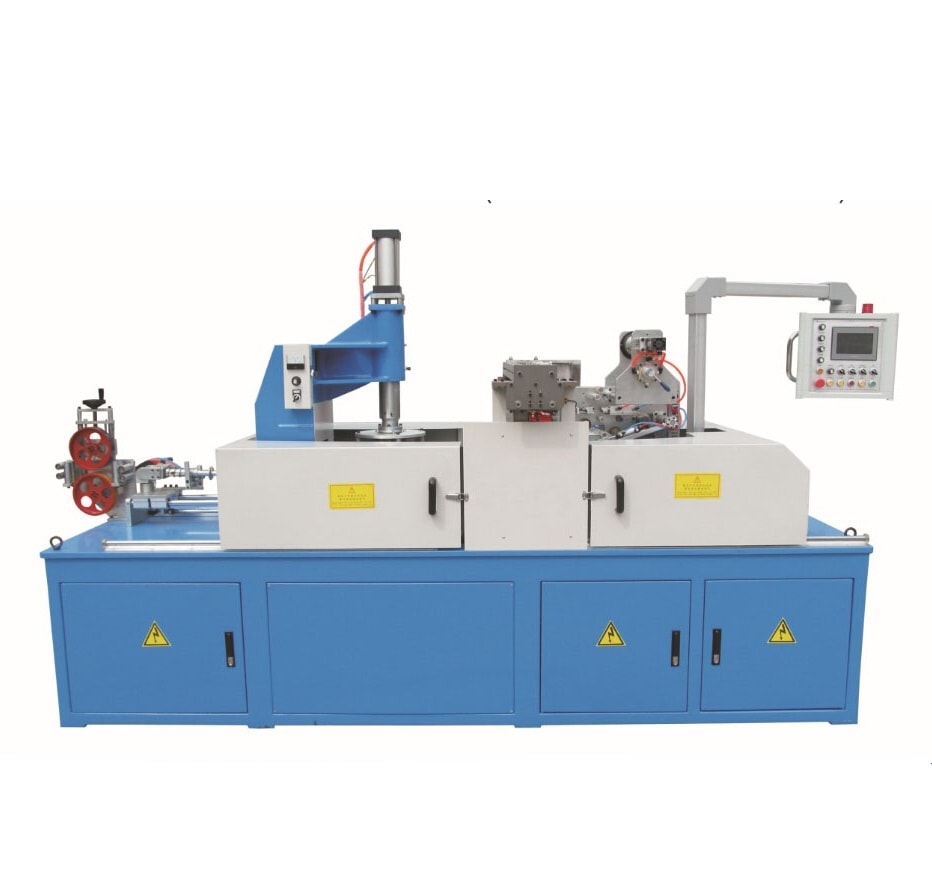Worker Fatigue and Safety: The Need for Automated Coil Turning Equipment
In today's fast-paced industrial environment, worker safety and fatigue management have become paramount concerns. Handling heavy loads, especially in sectors such as steel production and coil logistics, exposes workers to risks that can lead to serious injuries, decreased productivity, and operational inefficiencies. One particular area of concern is the manual handling of coils—massive, heavy-duty rolls of steel or other materials. This is where automated coil turning equipment can play a critical role in mitigating these risks while enhancing operational efficiency.
In this article, we will explore the importance of automated coil turning equipment in addressing the issues of worker fatigue and safety. We'll dive into how this technology helps prevent accidents, reduces physical strain, and supports a safer work environment.
1. Understanding Worker Fatigue in Industrial Settings
Worker fatigue is a major issue in industries involving physical labor. In environments where heavy loads are handled manually, fatigue accumulates quickly. Repetitive tasks such as coil lifting, turning, and moving can cause excessive strain on workers, leading to reduced productivity and increased risk of accidents.
When workers are tired, their reaction times slow, and their ability to make quick, accurate decisions is impaired. This can result in accidents that not only harm the worker but can also damage valuable equipment and products. Coil turning, in particular, requires careful handling, and any slip or misjudgment can cause coils to fall, potentially resulting in life-threatening injuries.
2. The Link Between Worker Fatigue and Safety
There is a clear link between worker fatigue and workplace safety. Studies have shown that tired workers are more likely to make mistakes, leading to higher accident rates. In industries that involve heavy materials such as coils, the consequences of fatigue can be even more severe.
Manual coil turning requires strength, endurance, and precision. When fatigue sets in, even experienced workers struggle to maintain the level of safety needed to handle coils effectively. Automated coil turning equipment eliminates this risk by taking over the physically demanding task, ensuring that the process is carried out safely and efficiently every time.
3. What is Automated Coil Turning Equipment?
Automated coil turning equipment is designed to handle the rotating, lifting, and positioning of coils in a controlled and mechanized manner. These machines can rotate coils horizontally or vertically, depending on the equipment's design and the operation’s specific needs. They are powered by hydraulic or mechanical systems that allow for precise, smooth, and safe movement of the coils, without human intervention.
By integrating this equipment into the coil handling process, businesses can significantly reduce the risk of workplace accidents and improve overall productivity.
4. How Automated Coil Turning Equipment Reduces Worker Fatigue
The primary benefit of using automated coil turning equipment is its ability to drastically reduce the physical strain on workers. Instead of manually lifting or turning coils—tasks that require great effort and pose a high risk of injury—workers can rely on machines to handle these tasks for them.
This technology takes over the most demanding aspects of coil handling, allowing workers to focus on other tasks that require less physical exertion. As a result, they are less likely to experience fatigue, reducing the chances of accidents and injuries related to exhaustion or overexertion.
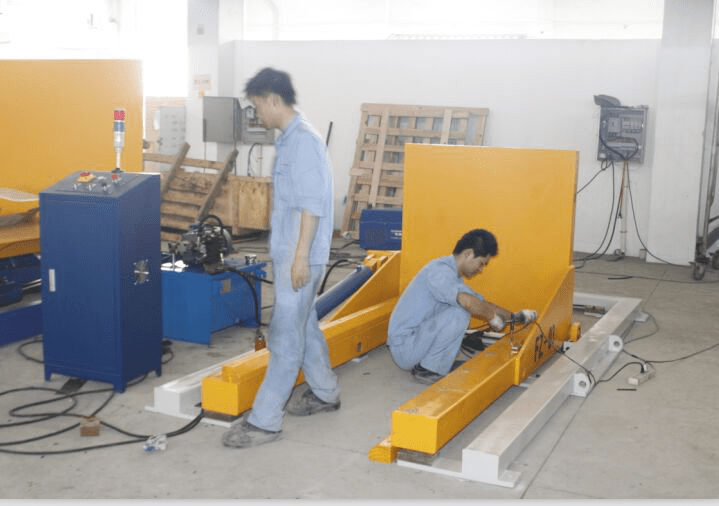
5. The Impact on Safety and Compliance
Workplace safety standards, such as those set by OSHA (Occupational Safety and Health Administration), require businesses to minimize risks related to heavy lifting and repetitive tasks. Automated coil turning equipment helps organizations meet these standards by significantly reducing the need for manual coil handling.
By ensuring that coils are moved safely and efficiently without human intervention, this equipment minimizes the potential for workplace injuries. Additionally, it ensures that businesses remain compliant with safety regulations, avoiding costly fines and improving their overall reputation as a safety-conscious operation.
6. Productivity Gains and Long-Term Benefits
In addition to safety improvements, automated coil turning equipment can lead to significant gains in productivity. Workers are no longer burdened with physically demanding tasks, allowing them to focus on more skilled work. This shift leads to faster turnaround times and fewer mistakes, as automated equipment can handle repetitive tasks with precision and consistency.
Furthermore, businesses that invest in automated equipment often experience reduced downtime, as machines are less prone to fatigue or error than humans. This improved efficiency can have a direct impact on the company's bottom line, making the investment in automated equipment a long-term strategic decision.
7. Addressing Worker Morale and Retention
Worker morale is often overlooked when considering the benefits of automation. When workers are forced to handle heavy loads or repetitive tasks, their job satisfaction decreases, and turnover rates increase. The introduction of automated coil turning equipment can alleviate much of the physical burden placed on employees, leading to higher morale and job satisfaction.
Workers are more likely to stay with a company that prioritizes their safety and well-being. As a result, businesses can improve employee retention rates, reducing the costs associated with hiring and training new staff members.
8. Making the Transition to Automation: Key Considerations
For businesses considering the transition to automated coil turning equipment, several factors need to be taken into account. First, it's essential to assess the specific needs of the operation, such as the size and weight of the coils being handled and the available space for the equipment.
Another key consideration is the potential return on investment (ROI). While automated equipment may require an upfront capital investment, the long-term savings in reduced worker injuries, improved productivity, and lower turnover can quickly offset these costs. Additionally, businesses must evaluate the training required to operate and maintain the new equipment, ensuring that workers are adequately prepared for the transition.
Conclusion: A Safer, More Efficient Future with Automated Coil Turning Equipment
In conclusion, the adoption of automated coil turning equipment offers numerous benefits, from enhancing worker safety to improving overall efficiency. By reducing the physical strain on workers and minimizing the risk of accidents, businesses can create a safer, more productive work environment. Furthermore, the long-term financial and operational benefits make automation a wise investment for companies handling heavy materials such as coils.
As industries continue to prioritize worker safety and operational efficiency, automated coil turning equipment will undoubtedly play a crucial role in shaping the future of industrial manufacturing. The shift towards automation is not just a trend—it is a necessity in ensuring a safer, more sustainable workplace.
By focusing on the health and well-being of employees while embracing technological advancements, businesses can stay competitive in an increasingly demanding market.
